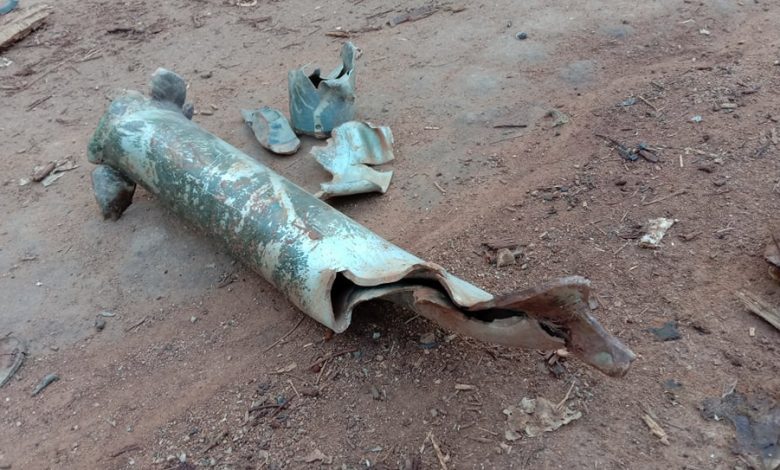Chris Sidoti speaks to Karen News
Karen News
June 15
A former member of the United Nations Human Rights Council’s Independent International Fact Finding Mission on Myanmar has criticized the United Nations Security Council for failing to enforce an arms embargo on Burma’s military.
Mr Sidoti, a former UN investigator into crimes against humanity in Burma was speaking to Karen News.
Mr Sidoti, an Australian human rights lawyer, is one of three authors of the 2018 UN report, which called for senior members of Burma’s armed forces, including coup leader, General Min Aung Hlaing, to be prosecuted for genocide against the country’s Rohingya Muslim community.
Mr Sidoti who is a member of the Special Advisory Council for Myanmar, told Karen News an arms embargo is “an essential step to oppose the Tatmadaw’s (the armed forces) power grab.”
Mr Sidoti said “an arms embargo is not a quick fix, but over time, if fully implemented, it would reduce and eventually eliminate the ability of the Tatmadaw to wage war and inflict violence.”
A report, Terror from the Skies, released by the Karen Peace Support Network (KPSN) estimated Burma Army ground and air offensives from March 27 to mid-April in Mutraw (Papun) District of Karen State, displaced almost 90% of villagers and killed at least sixteen civilians.
Human rights advocates, Justice for Myanmar said arms used in the recent air strikes against Karen civilians included Russian weapons. Justice for Myanmar identified from images circulated after April attacks in Mutraw District, armor-piercing tracer ammunition from Russian manufacturer KMZ, AO. This artillery is especially used in airstrikes, designed for attacks in low visibility and to pierce body armor, including bulletproof vests.
KPSN’s report, calls on foreign governments to urgently impose a global arms embargo on Burma. While some governments have imposed arms embargoes on Burma, these do not apply to Russia, which also has the ability to block actions at the UN Security Council.
Mr Sidoti told Karen News getting international action is difficult because of Russia and China’s refusal to bring sanctions against Burma’s military regime.
“The greatest challenge is getting agreement in the UN Security Council. Both Russia and China have veto power there and could and would use their veto on any resolution to impose an arms embargo. However, there is a good prospect that the General Assembly may act in the Security Council’s absence of action. The General Assembly cannot impose a binding arms embargo, but it can call for one in a resolution that will have high political and moral effect.”
In June, more than 200 civil society organisations called on the UN Security Council to impose a global arms embargo on Burma. In March 2021 the UN Special Rapporteur on Myanmar, Tom Andrews, published a list of 41 countries with arms embargoes against Burma.


